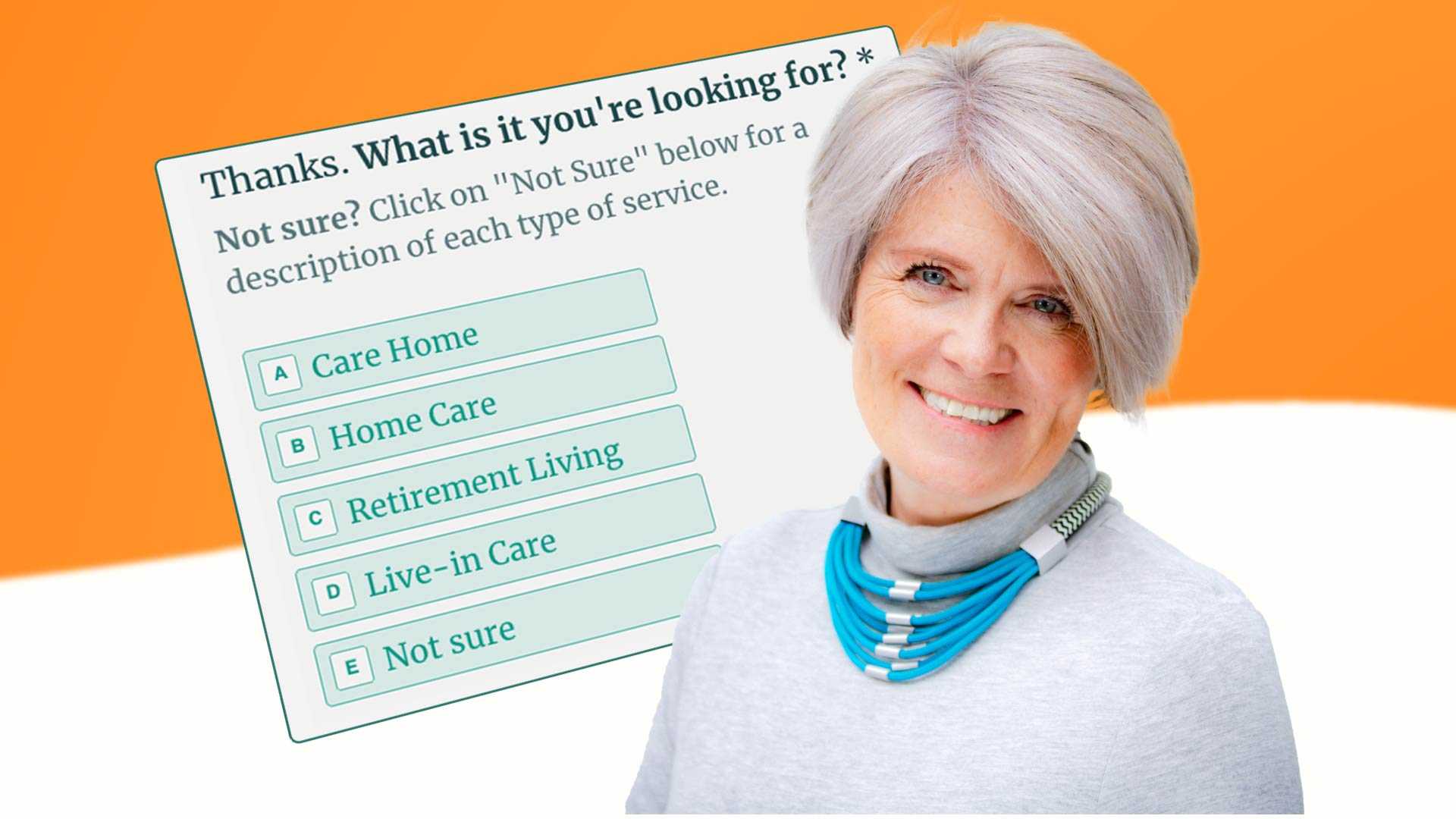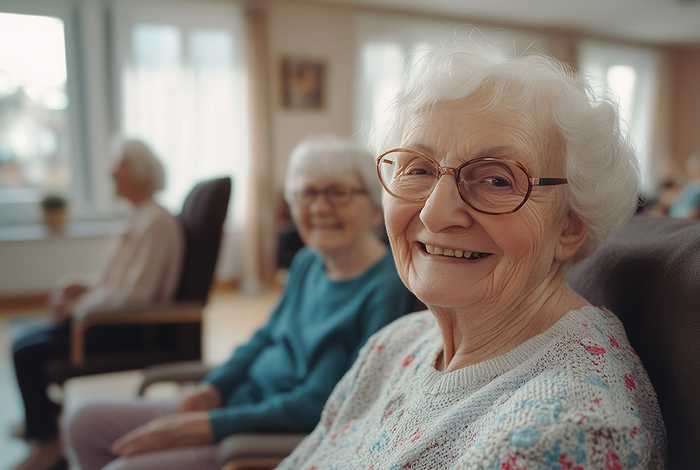Posted by Annie Button
5 steps to build a self-care routine
The popular saying ‘put your oxygen mask on first before helping others’ is familiar to us from airplane safety demonstrations yet in your role as a carer, this rule is just as valid.
When you're the primary carer for someone, it's not always easy to look after yourself. You might be exhausted or overwhelmed, and there might not seem like enough time in the day to take care of yourself while looking after a loved one. But, if you don'tlook after yourself, how can you expect to continue doing everything that needs doing?
In this article, we'll explain what self-care is and go through some tips that might help to make looking after yourself easier to prioritise.
1. Understanding what the term ‘self-care’ means
Self-care means knowing how to take care of yourself, and although it can be as simple as eating, sleeping and exercising well, the World Health Organisation defines self-care with seven pillars:
- Knowledge and health literacy
- Mental wellbeing
- Physical activity
- Healthy eating
- Risk avoidance
- Good hygiene
- Rational use of products and services
Self-care, however, is an integral part of all our lives. It affects everyone, whether you're a primary carer or not. For those receiving care, it helps them feel better and more comfortable in their own skin, and for family, friends and colleagues, it makes them happier to see you care for yourself. Likewise, in the wider community, being able to contribute and be caring means that people around you feel safe and secure.
2. Introducing self-care into your daily life
There are certain things that your body needs to function correctly, but they're often overlooked in the busy life of a carer to seniors or dependents. It's so easy to get caught up in what's happening around you that you forget to take care of yourself, but this can be a mistake. Start by introducing small steps to create a self-care routine by focusing on these elements first:
- Eat well. It's the most important thing you can do for yourself both physically and mentally. If you're not eating right, your body will suffer and so will your brain (and mood). Of course, eating well applies to both you as a carer and the person you’re caring for.
- Get enough sleep. Getting enough sleep is also crucial to feeling good, but this can be tricky if you have children or other responsibilities that make it hard to follow through with a solid bedtime routine every night. Make it a priority in your life!
- Exercise regularly. Exercise releases endorphins into the brain, making us feel happy and less stressed; this helps us deal with stress better than before we worked out! You don't need an expensive gym membership or fancy equipment to get started. As a caregiver, make your exercise routine easy to follow so you won’t be tempted to ignore it. Move more by taking walks around town after work instead of sitting on the couch every evening, and binge-watching Netflix.
3. Preserving your energy
Caring for someone can be hard work, but there are ways to look after yourself and ensure you don't get too run down. It's essential to take care of yourself to ensure you preserve enough energy to keep going, and care for the person who really needs your help. Here are some ideas:
- Try to take a break from looking after the person who needs your support now and again. This might mean spending time with family members at home or going out with friends.
- Think about what sort of activities would be suitable for both of you so that both parties get enjoyment from them (e.g. maybe go swimming together). If possible, try some new things together – this could include visiting a new restaurant or watching a movie together in an unusual location such as an art gallery!
- You might also want to do things that only interest you, like reading books or listening to music without feeling guilty about it!
- Book doctor and dentist appointments with the person you're caring for so neither of you misses out on appointments, making remembering the dates and times easier.
- Make sure you don't forget about yourself when taking breaks from caring responsibilities.
- Take regular breaks to extend your capacity as a caregiver but also to improve your skills in providing quality care. Returning refreshed following a stint of respite care can help you make better decisions regarding plans and strategies for care provisioning.
4. Prioritising your physical and mental health
It is so easy to get caught up in the day-to-day grind of caring for your loved one that you forget to address your own health needs. But if we want to be able to continue providing care for our family members, we need to take care of ourselves too!
- If you're caring for another person, you must ensure you're taking care of yourself – physically and mentally.
- One of the best things you can do is make sure you go to regular checkups with your doctor and dentist. And make sure you make appointments as soon as you have any niggles, such as back pain, or sensitive teeth, and routine eye tests.
- If you let any healthcare issues get worse, it will become harder for you to take care of others later on when they need it most. Look after your physical body, and don't neglect any personal healthcare appointments.
- Pay attention to your mental health too, in much the same way as your physical health – it can be dangerous to ignore your mental health in check. Recognize when you are overwhelmed by the stress and responsibility of your role as a carer, or when you’re feeling anxious about particular caring tasks or life in general.
5. Allocating time for self-care
Self-care can be hard when it seems like there's just no time for it. This means that when it comes to your health and well-being, you must take the time to look after yourself. Getting caught up in the demands of caring for someone else is easy, but it's essential not to neglect yourself. Perhaps create a checklist for yourself and make time time for building self-love into your own busy schedule:
- Think about self-care goals and make sure they're realistic.
- Make a list of things that help you feel better about yourself, such as your favourite book or colour.
- Ask for help from people close to you when possible – friends, family members or trusted people from support groups. It can help take some of the pressure off you having to do everything yourself!
As a carer for an elderly relative or friend, you may find that you're the only one who can help them stay safe… a little time out each day can make a massive difference to how you feel and how well you do your caregiving role.

What's the easiest way to find the best home care services?
If you are wondering "Where's the best home care agency near me?" then the Autumna database of every in-home care service in the UK should be able to help. There's nearly 13,000 on the site, so perhaps the best place to start would be to complete this short questionnaire. After that we'll know exactly what you need and will be able to send you a simple shortlist of the carers in your area who can help with your specific needs.
Alternatively email us here: info@autumna.co.uk or call our Advice Line on 01892 335 330. Our phone line is open seven days a week. (8:30am - 5:30pm Mon-Fri, 10am - 5pm Sat, 10am - 4pm Sun).
Other articles to read
Autumna Blog

Older Persons Care Advice
Guide to rural retirement villages in the South
April 25th, 2025
Discover the peace of rural retirement villages in the South of England. Explore options that balance independence, support, and countryside charm.

Older Persons Care Advice
Ultimate guide to care homes in Norwich
April 23rd, 2025
Discover the best care homes in Norwich—explore lifestyle-focused options, top-rated services, and how to choose the right home with confidence.

Older Persons Care Advice
How to find an adult day care centre near you
April 22nd, 2025
Looking for an adult day care centre near you? Discover how to find safe, joyful care for your loved one—and support for yourself—on Autumna.






